The new SPC outlook has been issued, and most of the Tennessee Valley is under the Basic Level 2/5 Risk for severe thunderstorms Saturday, mainly Saturday night.
This is mainly going to be a damaging wind threat within a squall line. The threat for large hail (even up to quarter-size) is marginal, even for Northwest Alabama up into Tennessee. But parts of Northwest Alabama do have an enhanced 30% risk for damaging thunderstorm winds. Most of us have the basic 15% risk for winds capable of damage, mainly to trees and power lines.
And we do have a risk for isolated tornadoes around here.
The greater tornado threat looks likely to stay back in Mississippi, parts of Arkansas and Louisiana, and actually in parts of Southwest Alabama. Sometimes these risk areas are tricky to outline, but those are the places most likely to see supercell thunderstorms that could produce a tornado with a longer track/more-than-average damage.
Around here, our tornado threat is more general, just isolated tornadoes possible within the line. Or if anything formed just ahead of the line, I mean I guess that's a remote possibility too. Please remember that any tornado threat is worth respecting.
And that severe thunderstorms that produce damaging straight-line winds can also hurt or even kill people if a few reasonable precautions are not taken. Even if it's just a tree falling on somebody's trailer from straight-line winds or a "weak"/"spin-up" tornado, that's a big deal when it does happen.
So please review your tornado safety plan before the weather gets active.
Here is a look at the timing from local NWS offices. Now I personally think from 6 PM Saturday evening on, we should keep an eye on things, especially for far Northwest Alabama and nearby counties of Tennessee. Otherwise I agree with these general guidelines.
Since this is coming at night, it's more important to have a reliable way to get the warning, which means NOT an outdoor siren - but something like WEA on your cell phone, or ideally, a NOAA Weather Radio.
The severe weather risk might be a little enhanced for Northwest Alabama and places in Tennessee that border NW AL, and it's good to remember that these risk areas are meant as general guidelines. If you're in or near that orange-colored area, the Enhanced Level 3/5 Risk, then you really need to pay attention as the squall line approaches tomorrow night.
But really we all do. Most of us are under that basic Level 2/5 Risk. And it includes a threat for damaging winds and isolated tornadoes, probably all within a squall line.
The basic rules for sheltering from a tornado during a warning are:
* Get into a sturdy site-built house or other strong building - do not stay in a mobile home.
* Stay away from windows.
* Get to the lowest floor.
* Get into a smaller room like a bathroom, closet, or hallway.
* Make that room near the center of the building. Put some walls between you and that storm.
* Cover your body, especially your head/neck, if you have time.
* As a last resort, find an unflooded culvert, ditch, or low spot on the ground to lie flat in.
Try not to get to that last resort. Plan ahead the best you can and do the right things if and when you need to. But people have survived tornadoes by leaving a mobile home and lying in a ditch or even flat on the ground.
I know some people these days say that getting into a car is better than staying in a mobile home, but I wouldn't take shelter in a vehicle if I knew a tornado was coming in my direction, at least if the tornado was confirmed and coming at me. If the car takes a direct hit from the tornado, I think people's odds of surviving are a lot lower than if they found a low spot outside. The only way I'd really think of a car as a shelter from a confirmed tornado is if someone used it to shelter from the storm around the tornado, but also used it to drive out of the tornado's path. You have to really know what you're doing and be a good driver to pull that off safely around here. We have hills, trees, and lots of rain that makes our tornadoes tough to see, even in the daytime.
So to keep it simple, please don't get caught in a mobile home or a car during a tornado, either one.
Sheltering from a severe thunderstorm that isn't showing signs of producing a tornado is fairly similar. At minimum you want to be inside, away from windows and anything electrical. But it's better if you can get as near the center of the house as you can, on the lowest floor.
And part of the reason for being in a smaller space, even if it's a hallway, is that the walls are not likely to collapse like in a wider room, even if a tree falls on the place. The walls may hold up, and often that tree doesn't fall all the way through.
So I hope that helps. Official discussion is below from Storm Prediction Center.
SPC AC 150539
Day 1 Convective Outlook
NWS Storm Prediction Center Norman OK
1139 PM CST Fri Feb 14 2025
Valid 151200Z - 161200Z
...THERE IS AN ENHANCED RISK OF SEVERE THUNDERSTORMS ACROSS PORTIONS
OF THE LOWER MISSISSIPPI VALLEY...MID-SOUTH...AND CENTRAL GULF
STATES...
...SUMMARY...
Severe weather is expected from East Texas and Mid-South into much
of the Southeast. Scattered to numerous damaging wind gusts and a
few tornadoes are the primary threats. Storms are expected from late
afternoon through the overnight hours.
...Discussion...
Strong 500mb jet is currently digging southeast across the lower CO
River Valley. This feature is forecast to translate into far West TX
early in the period, then increase in intensity as it ejects into
the downstream side of the upper trough during the overnight hours.
Strong 12hr mid-level height falls are forecast to overspread much
of the lower MS/TN Valley region, with upwards of 210m expected
across northern areas by the end of the period. This evolution will
induce a surface low across north-central TX early which will track
into eastern AR by late afternoon, then deepen as it lifts into the
OH during the overnight hours.
LLJ should respond markedly and focus across the lower MS Valley
during the first half of the period. Boundary-layer air mass is
currently cool/stable across this region with modified Gulf air just
now approaching the upper TX coast and southern LA. Until this air
can advance inland any thunderstorm activity should be elevated in
nature, and likely sub-severe.
Latest thinking is boundary-layer recovery will occur across east TX
into southern AR by late morning, then further destabilization
should contribute to surface-based buoyancy that will support
potentially robust thunderstorms ahead of the aforementioned surface
low/cold front. Forecast soundings exhibit very strong shear across
this region with 0-3km SRH on the order of 500 m2/s2. Supercells are
expected to develop along a corridor from northern LA into western
TN from the afternoon into the early evening. Damaging winds and
tornadoes are expected. Additionally, given the strength of the wind
fields, and very dynamic, fast-moving trough, there is a risk for
strong tornadoes. Frontal convection should expand in areal coverage
as the boundary surges southeast.
During the latter part of the period, a secondary corridor of
concentrated severe may evolve from southeast LA, across southern MS
into southern AL. Strong LLJ will shift east overnight, and somewhat
higher theta-e air mass should have advanced inland into this region
ahead of the surging cold front. While damaging winds can be
expected with the more linear convection, some risk for strong
tornadoes does exist with more discrete supercells.
..Darrow/Thornton.. 02/15/2025
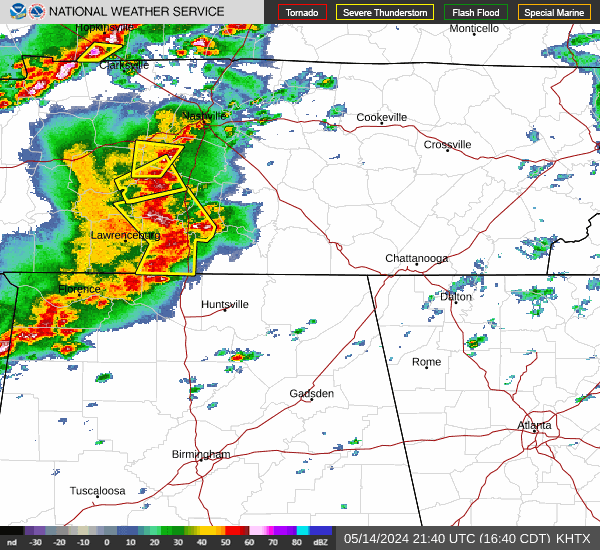
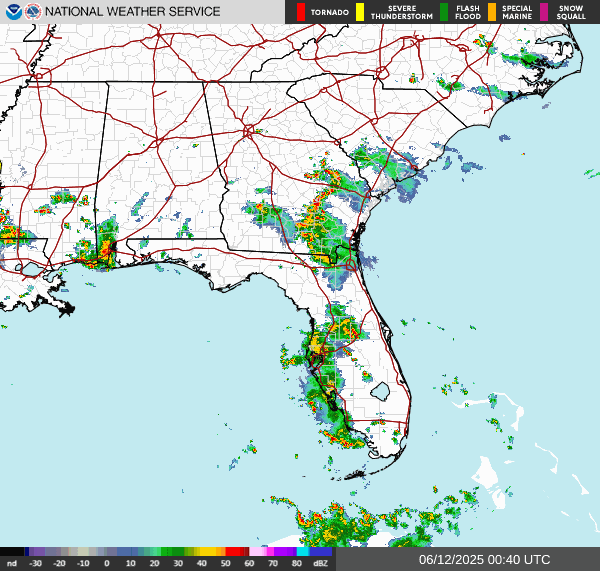
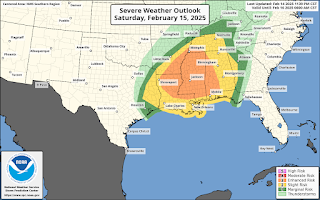





.png)

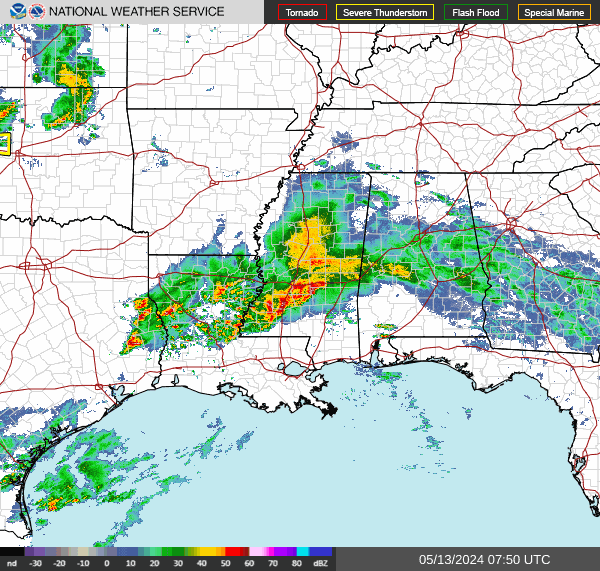
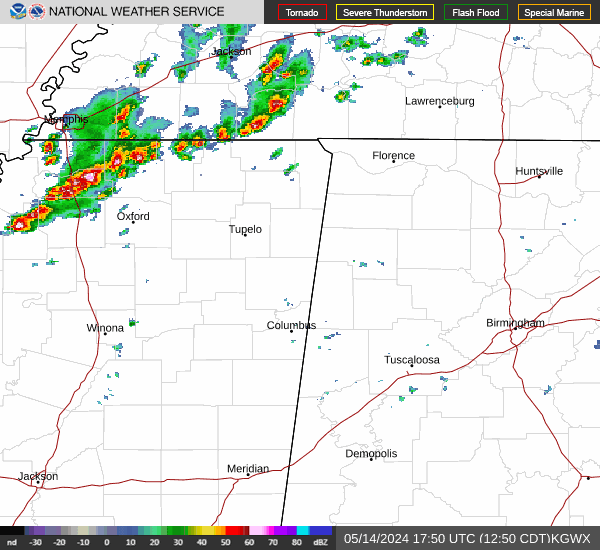
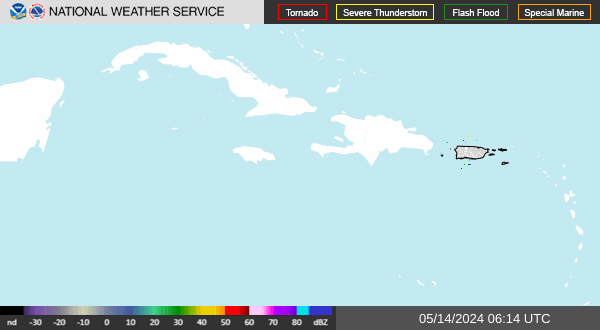



No comments:
Post a Comment